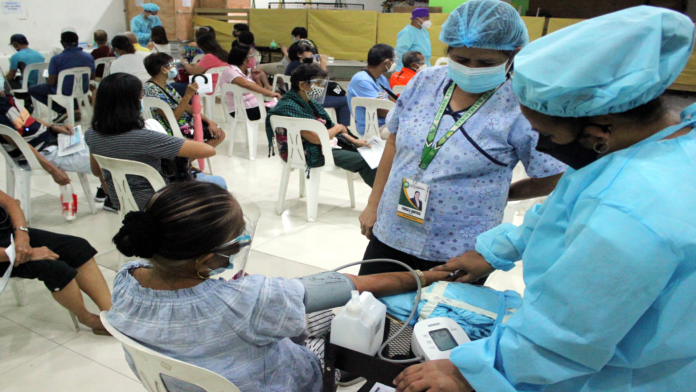A senator on Thursday proposed the creation of a health passport system, the establishment of health centers in all barangays, and providing regular employment status and better pay for barangay health workers (BHWs) during the ongoing review of Republic Act 11223 or the Universal Health Care (UHC) Act.
Senator Alan Peter Cayetano said the establishment of a health passport system would streamline access to health care services for individuals across different health care facilities, and address logistical challenges to ensure the continuity of care, particularly for patients requiring specialized treatment or consultations.
“In the event of emergencies, this will also be a handy tool that can be essential in saving lives,” Cayetano said.
He said the system could also provide the national government not only with a database containing the number of Filipino families per locality but also help individuals easily access their records and have an electronic account where the government could reach and transact with them.
Cayetano also said an estimated 47.2 percent of the barangays in the country do not have health centers.
“I think it is essential that the Department of Health come out with a plan of how to be able to build, staff, and fully equip health centers precisely so that we can build a good foundation for our primary health care system and better take care of our mothers, their children, and senior citizens,” he said.
Cayetano further said BHWs, who served as the “bridgeway of communication between health centers and constituents” during the pandemic, should get better pay and regular employment status.
The Subcommittee on Amendments to the UHC Act, under the Senate Committee on Health and Demography, convened the staff-level consultative meeting to discuss various proposed amendments filed by senators and congressmen.
The UHC Act was signed into law in February 2019 to provide equitable access to quality and affordable health care for all Filipinos. (PNA)


